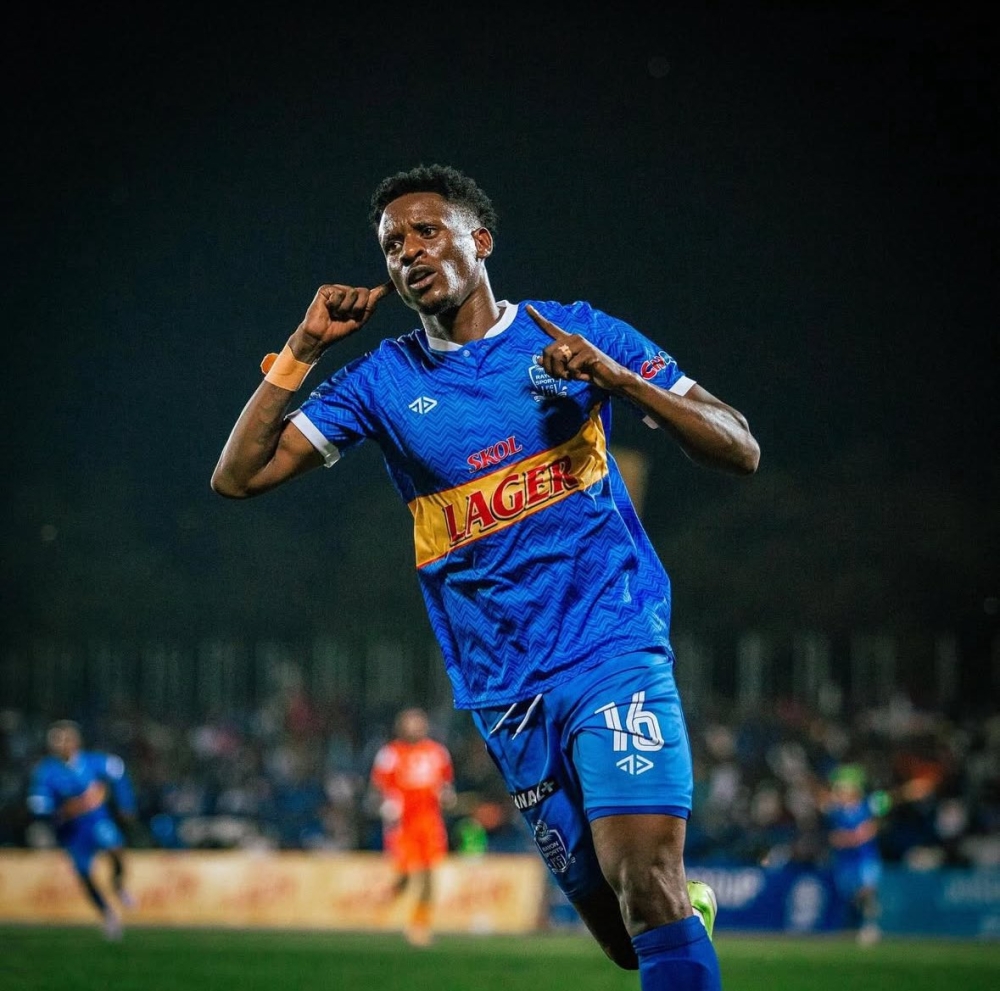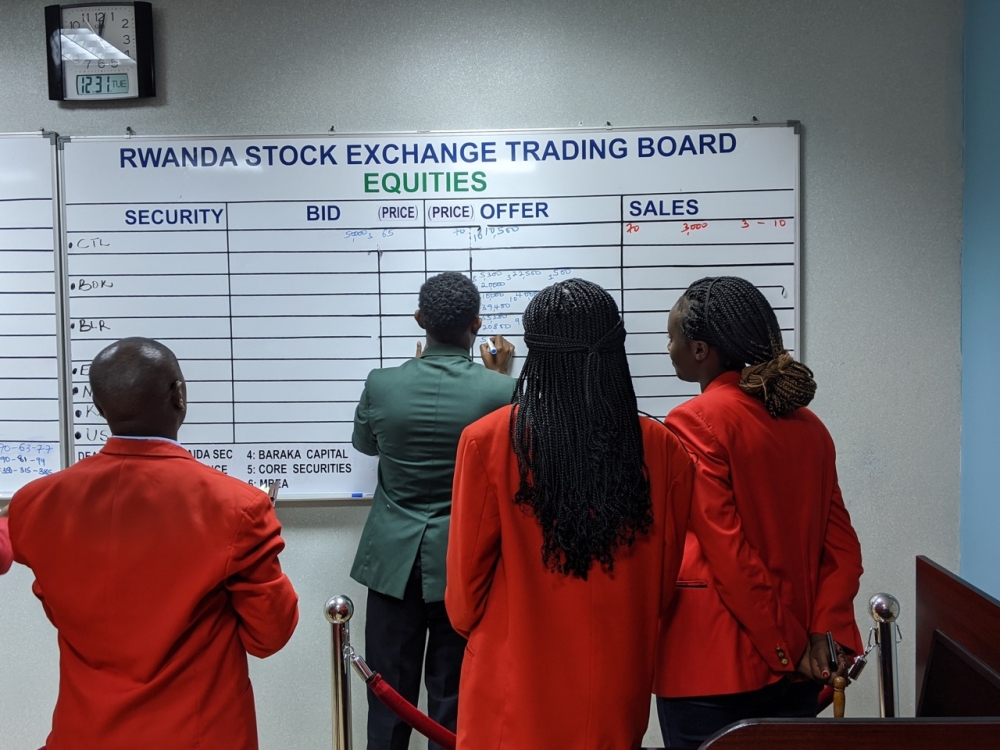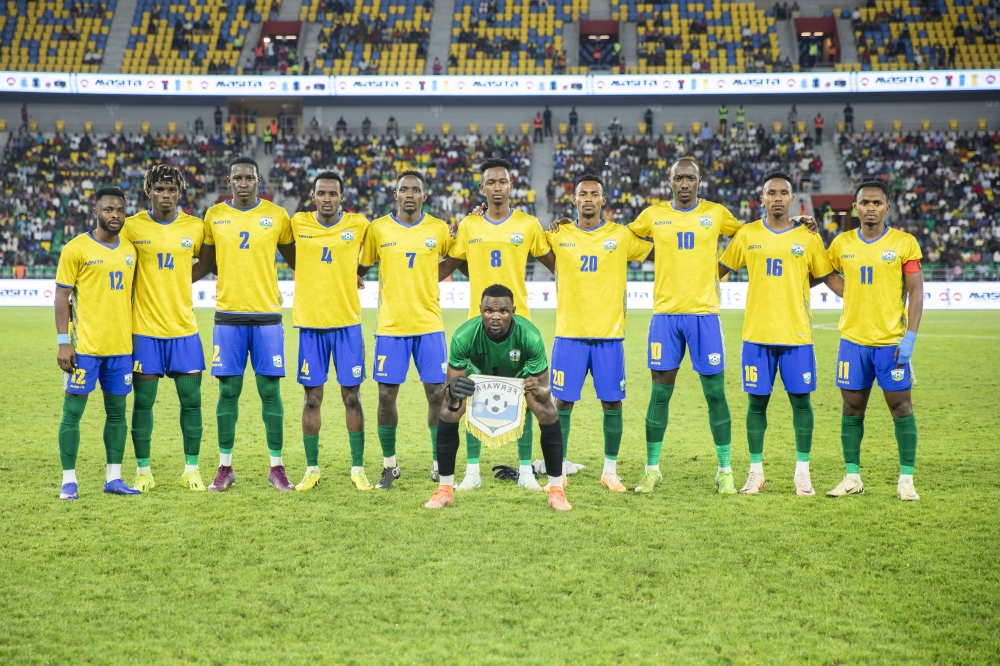A child will often ask any question about anything they seem not to understand or know about. During this commemoration period, don’t be surprised when the next question your child asks is what is genocide?


A child will often ask any question about anything they seem not to understand or know about. During this commemoration period, don’t be surprised when the next question your child asks is what is genocide? As the parent it’s your role to educate your child about the Genocide and telling them the truth is paramount. But what should be avoided most is engendering fear, paranoia or anger.When it comes to explaining the events to children, let them be relaxed and jolly in mood. Take your time and be calm because at the end of the day, this talk isnt meant to scare your child but rather to educate him/her of their country’s history and to emphasis that it should at all costs be avoided.A Gacaca expert (name withheld on request) advised that, "what you tell a child is what will stick in their head forever. Therefore, it’s more important to emphasis life after genocide, rather than the Genocide itself. Much as you have to give the child a brief background of our country and tell him about what happened in 1994, make sure you instill in him/her the spirit of togetherness and unity in order to avoid such a tragedy happening again.” A child may not have to be told about the tragic incidences in graphic detail but a light overview of what happened will educate the child. Rose Amariza, a Kigali teacher, says "telling children about the Genocide is a very sensitive matter and needs patience and understanding on the child’s side. But it’s something we are not supposed to keep from children. Therefore it’s important to let them know and I would suggest that we tell them exactly what happened and the major causes of such a tragedy and more so the fact that we are fighting any such incidences in the future.”John Maridadi, a veteran of the war of national liberation, says "kids will always ask and we have to tell them the truth. Give them a brief background of what happened and tell them how it all started and emphasis the root causes of such a tragedy and how much they should avoid them.” We must acknowledge that the children are Rwanda’s tomorrow and it’s up to parents, teachers and all elders to instill in them what you want them to be in the future. And that begins with explaining to them the past and what they should avoid in order not to be driven back in to such tragedies again.






